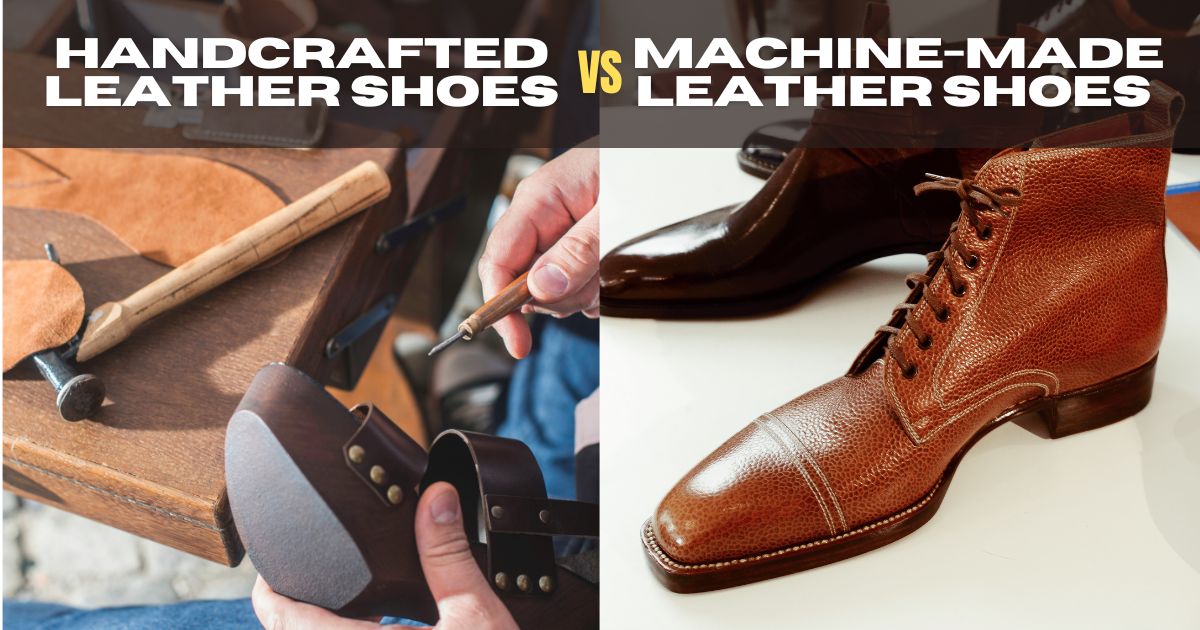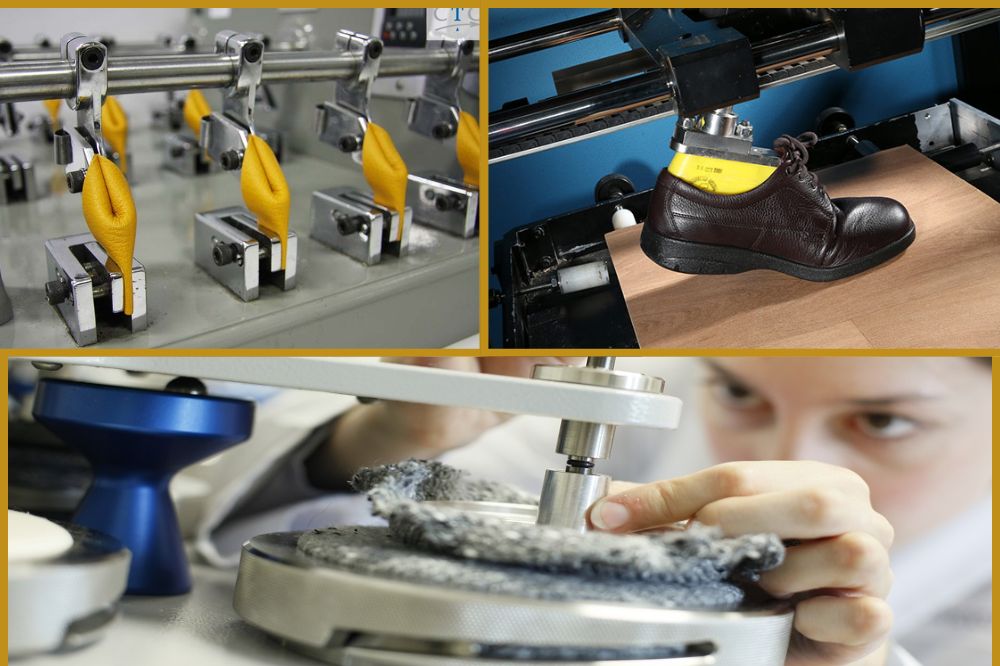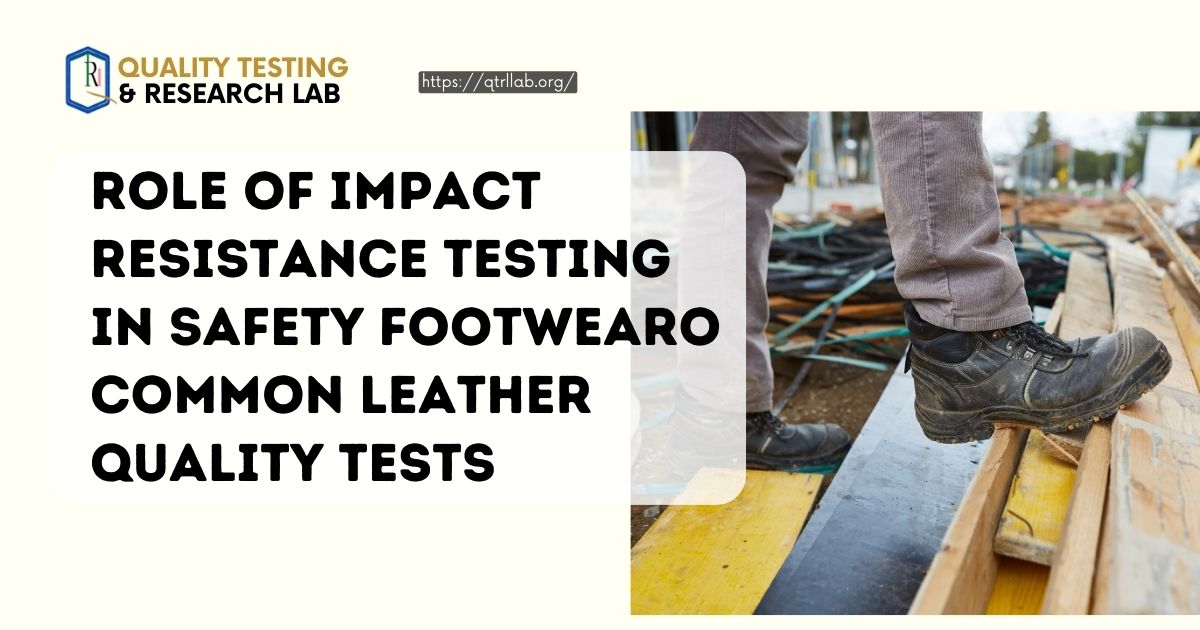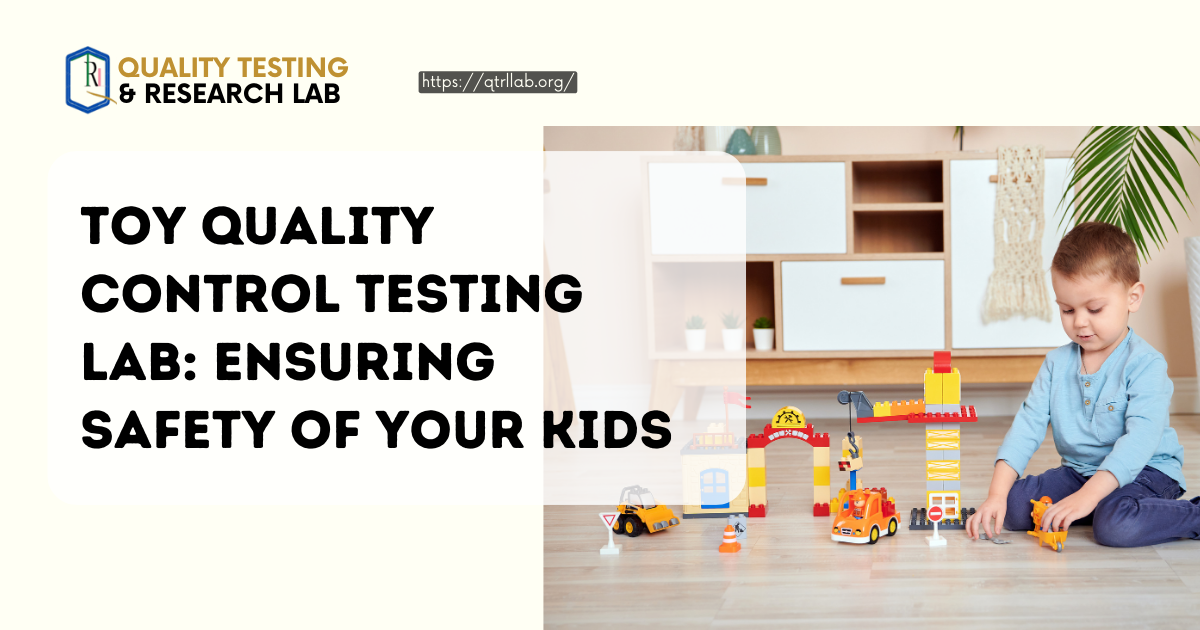For centuries, leather shoes have been a symbol of both practicality and style. Today, they remain a popular choice for their durability, comfort, and timeless elegance. However, with advancements in technology, machine-made leather shoes have become increasingly prevalent, sparking a debate about their quality and value compared to their handcrafted counterparts. This article delves into the distinct characteristics of both types of leather shoes, exploring their pros and cons to help you make an informed decision.
Handcrafted Leather Shoes: A Legacy of Skill and Tradition
Handcrafted leather shoes embody the legacy of skilled artisans who meticulously transform rawhide into wearable pieces of art. Each step, from cutting the leather to stitching and finishing, is conducted by hand using time-tested techniques passed down through generations. This meticulous attention to detail often translates into several advantages:
Pros:
- Superior Quality Materials: Handcrafted shoes typically utilize full-grain leather, renowned for its strength, breathability, and natural beauty. Additionally, higher quality materials are often preferred by smaller, independent makers, further enhancing durability and aesthetics.
- Unique Construction Methods: Handcrafted shoes often employ traditional construction methods like Goodyear welt or Blake stitch. These methods involve attaching the sole with stitches that pass through the welt, a separate strip of leather, rather than directly attaching it to the upper. This construction allows for better flexibility, breathability, and the ability to be resoled, extending the shoe’s lifespan.
- Unsurpassed Comfort: Handcrafted shoes offer a level of comfort that is difficult to replicate with machine-made options. The natural materials and the skilled shaping by hand result in a shoe that conforms to the wearer’s foot over time, providing a personalized fit and superior comfort.
- Distinctive Character: Each handcrafted shoe carries the unique touch of the artisan who made it. Slight variations in stitching, color, and texture contribute to their one-of-a-kind character, making them more than just footwear but miniature works of art.
Cons:
- Higher Cost: The time and skill required for handcrafting naturally translate into a higher price point compared to machine-made shoes.
- Limited Availability: Handcrafted shoes may be less readily available and require more effort to find, often being sold by independent cobblers or specialized stores.
- Longer Production Time: The handcrafting process is inherently slower than machine production, resulting in longer lead times for custom orders.
Machine-Made Leather Shoes: Efficiency and Affordability
Machine-made leather shoes utilize automated processes to manufacture footwear on a large scale. While they may not boast the same level of individual attention as handcrafted options, advancements in technology have enabled them to offer several advantages:
Pros:
- Affordability: Machine-made shoes are generally more affordable than handcrafted alternatives, making them accessible to a wider audience.
- Wider Availability: With mass production, machine-made shoes are readily available in a wider range of styles, sizes, and brands, offering greater choice for consumers.
- Consistent Quality: Modern manufacturing processes ensure consistent quality and uniformity in machine-made shoes, minimizing the chance of individual variations that might occur in handcrafted options.
Cons:
- Lower-Quality Materials: Machine-made shoes may often use corrected-grain leather or synthetic materials to reduce costs. These materials may be less durable, breathable, and aesthetically pleasing compared to full-grain leather.
- Limited Customization: Customization options are typically limited with machine-made shoes, as they are produced in pre-defined sizes and styles.
- Reduced Resoleability: Due to the construction methods used, machine-made shoes are generally less resolable than their handcrafted counterparts, limiting their lifespan.
The Final Choice: A Matter of Priorities
Ultimately, the choice between handcrafted and machine-made leather shoes depends on your individual priorities. If you value superior quality, unique character, and long-term investment, handcrafted shoes may be the better option. However, if affordability, wider availability, and consistent quality are your primary concerns, machine-made shoes might be a better fit.
It’s important to remember that quality exists in both categories. Reputable manufacturers can produce high-quality machine-made shoes, while less skilled artisans may produce handcrafted options that fall short of expectations. Careful research, an understanding of your needs, and thorough inspection of the shoes themselves are key to making an informed decision that suits your budget and preferences.






